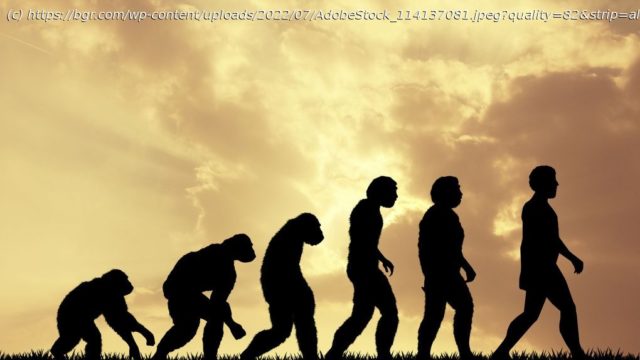Early human evolution may have been more complex than scientists previously thought, with modern humans evolving from two ancestral lineages.
For decades, the dominant theory in human evolution suggested that modern humans descended from a single ancestral lineage in Africa. However, groundbreaking new research from the University of Cambridge challenges that idea, revealing a far more complex and surprising origin story for early human evolution.
According to this study, modern humans actually evolved from two distinct ancestral populations that split apart 1.5 million years ago, only to reunite around 300,000 years ago, long before Homo sapiens spread across the globe.
This discovery, published in Nature Genetics, comes from an advanced analysis of full genome sequences rather than ancient fossil DNA. The research team used a new computational model called “cobraa,” which allowed them to trace ancestral population splits in early human evolution, including genetic reunions over vast timescales.
Home
United States
USA — IT Scientists just uncovered a shocking twist in the story of human evolution






